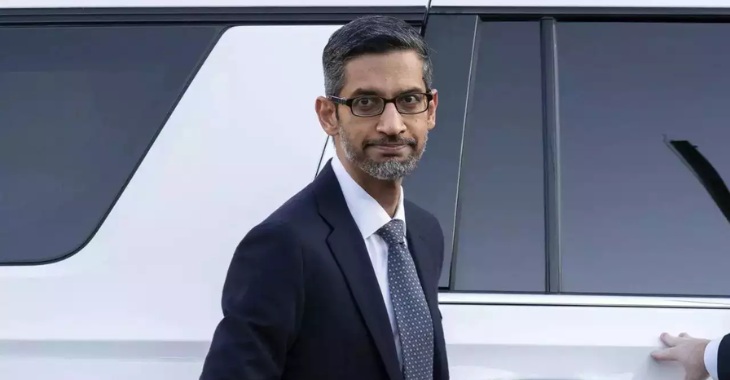Google CEO Sundar Pichai faced a second summons to federal court in as many weeks, defending the Google Play Store’s business practices during an antitrust trial that poses a threat to the tech giant. Pichai, who spent over two hours in San Francisco court, addressed the trial’s focus on the Google Play payment processing system and its alleged harm to consumers and developers.
Epic Games, known for Fortnite, argues that Google’s in-app purchase commissions, ranging from 15% to 30%, are unlawfully impacting users and developers. The claim suggests Google leverages its market dominance to stifle competing Android app stores, ultimately raising prices and stifling innovation—a narrative reminiscent of Epic’s previous legal battle against Apple.
Pichai’s latest testimony followed his appearance in Washington DC, where he faced allegations from the US Justice Department that Google stifled competition through its search engine dominance. Despite the trials focusing on different aspects of Google, they both underscore common themes—Google’s immense power and its complex relationship with Apple.
One key element of Google’s defense revolves around asserting competition with Apple’s iPhone, operating system, and app store. Simultaneously, the Justice Department’s case in Washington delves into deals between Google and Apple, particularly those ensuring Google’s search engine presence on iPhones and Safari browsers.
Tensions peaked during Pichai’s testimony in San Francisco, notably when forced to confirm Google’s 36% ad revenue share with Apple from Safari search queries in 2021. The figure raised eyebrows, with analysts estimating Apple’s annual earnings from Google in the range of $15 billion to $20 billion.
Epic’s lawyer, Lauren Moskowitz, highlighted the substantial difference in revenue share, emphasizing Apple’s 36% cut compared to Samsung’s 16%. This move aimed to depict Apple not just as a competitor but a significant business partner for Google. Despite rigorous questioning, Pichai maintained that Google and Android fiercely compete with Apple, asserting increased consumer choices and lower prices as a result.
Pichai defended Google’s Play Store by pointing out that 97% of developers incur no fees due to not selling digital goods or generating insufficient revenue. Emphasizing Google’s symbiotic relationship with developers, he argued, “The way we designed Google Play is we do well only when developers do well.”
As the trial unfolds, it brings to light the intricate dynamics between tech giants, raising questions about competition, market dominance, and the impact on consumers and developers in the ever-evolving landscape of digital platforms.



![[CITYPNG.COM]White Google Play PlayStore Logo – 1500×1500](https://startupnews.fyi/wp-content/uploads/2025/08/CITYPNG.COMWhite-Google-Play-PlayStore-Logo-1500x1500-1-630x630.png)